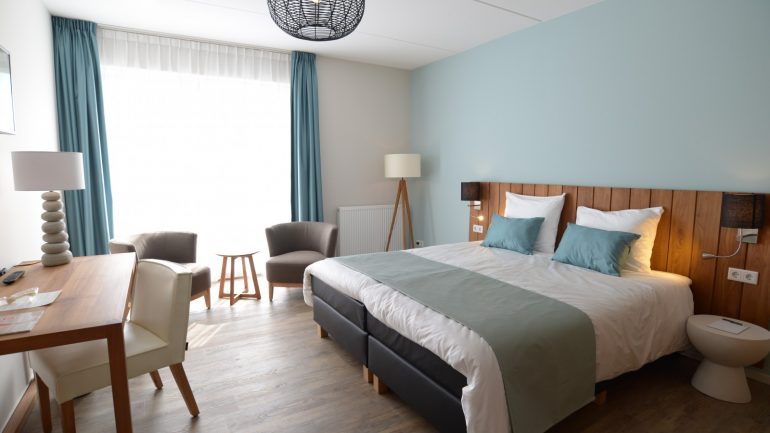The second major package of bills aimed at tourism reform was promoted in Parliament. The legal framework for the operation of hotels has been promoted by the Administrative Reform Unit and provides for a series of changes in the process of classifying hotels and tourist accommodation in star categories, reduces bureaucracy by simplifying licensing procedures and strengthens inspections.
However, this legislation provides for the establishment of a Ministry of Tourism - a bill that is pending before Parliament as the majority needed to get the green light has not been achieved. Interior Minister Konstantinos Petridis expects that both the Undersecretariat of Tourism (with the changes agreed to stay in the CTO to achieve convergence) and the bill on the operation of hotels will be voted in order for the tourism reform to take shape.
According to the report, the new regulations eliminate unnecessary procedures and committees, such as the approval of the plot for the construction of a hotel or tourist accommodation made by the CTO and the submission of architectural plans and studies to the CTO before applying for a permit. operation. According to the bill, the issue will be handled by the respective urban and building authorities who are the most competent in order to avoid duplication.
At the same time, the classification of hotel units as urban hotels, boutique hotels and suite hotels is introduced, something that the existing categorization system did not allow.
It is worth mentioning that the operating license will be issued by the Ministry of Tourism and for its issuance will be required only the necessary certificates which ensure the safety of the property, in contrast to the current situation where it is very time consuming and the investor suffers from the obligation to piles of consultations for technical building specifications.
In addition, "mystery shopping" is instituted, where a mandatory inspection of hotel units by external bodies is introduced, in order to evaluate the level of services offered. It also drastically changes the inspection system, through the introduction of tourism inspection, as well as the imposition of stricter fines for violations of the law.
Finally, a new system of categorization of hotels and tourist accommodation is introduced, with emphasis on quality, service and diversity depending on customer requirements and the hotel profile. The new system includes 24 mandatory criteria - through which compliance with safety and health rules is ensured and 114 optional criteria - through which the investor is given the flexibility and ease to choose the type of development.
